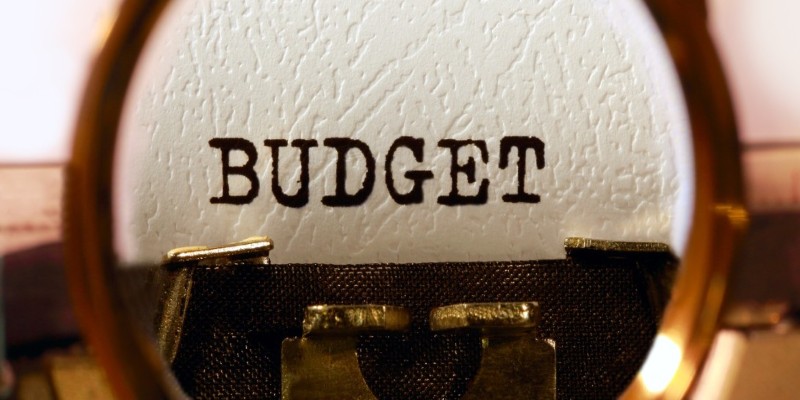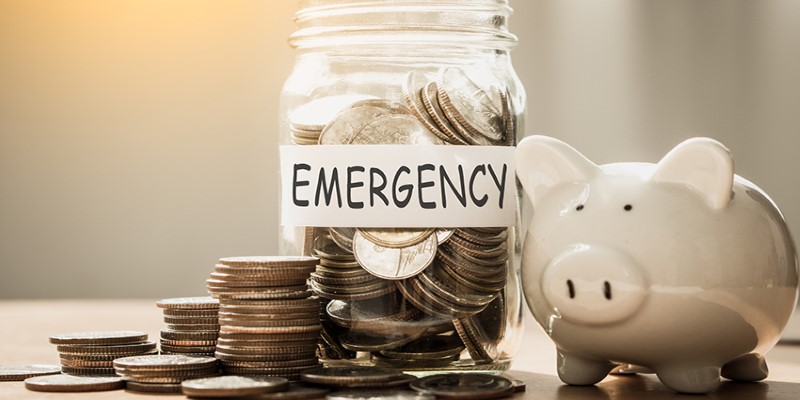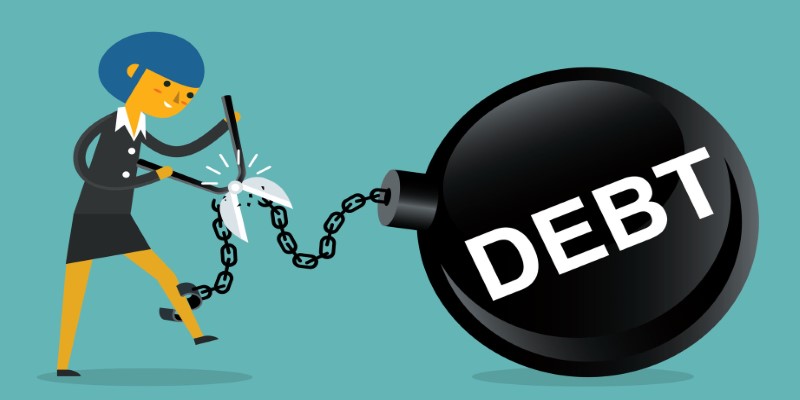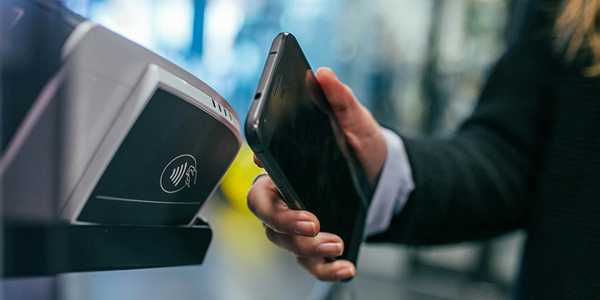Financial Freedom: 7 Habits You Need To Adopt Now
Financial freedom resonates with many, yet for most, it feels like an elusive dream. Economic freedom means having enough income to cover your expenses without actively working. This freedom allows you to make decisions based on what you want in life rather than what you need to do to survive. However, achieving financial freedom is not something that happens overnight. It is a gradual process that requires discipline, thoughtful planning, and adopting certain habits that align with long-term economic stability.
Create And Stick To A Budget
The first step toward financial freedom is understanding where your money goes. Many people live paycheck to paycheck simply because they lack a clear understanding of their income and expenses. Creating a budget gives you control over your financial situation. It allows you to track your spending, prioritize essential expenses, and identify areas where you can save.

List your income sources and fixed expenses such as rent, utilities, and debt payments. Then, allocate a portion of your income for savings and investments. Having a clear budget helps you avoid unnecessary spending and keeps you focused on your financial goals. Once your budget is in place, the next challenge is sticking to it. Regularly reviewing your budget and adjusting it as needed will ensure you stay on track.
Build An Emergency Fund
Life is unpredictable, and emergencies can happen at any time. Whether it's a sudden medical expense, a car breakdown, or unexpected job loss, having an emergency fund gives you the financial cushion needed to handle these situations without derailing your long-term financial goals.

A good rule of thumb is to aim for an emergency fund that covers three to six months of living expenses. This fund should be kept in a separate, easily accessible account so you are not tempted to dip into it for non-emergencies. Building this fund will take time, but it is an essential habit to adopt as it provides peace of mind and financial stability.
Get Out Of Debt
Debt can be a significant obstacle on the path to financial freedom. High-interest debts, such as credit card balances, can quickly accumulate, leaving you in a cycle of repayment that seems never-ending. Paying off debt should be one of your top priorities to achieve financial independence.

List all your debts, including the interest rates, and prioritize paying off high-interest debts first. Once high-interest debts are cleared, you can focus on paying off other debts, such as student loans or mortgages. Consider using the debt snowball method (paying off the smallest debt first) or the debt avalanche method (paying off the highest-interest debt first). Regardless of your approach, eliminating debt will free up more money to invest in your future.
Live Below Your Means
Living below your means is one of the most important habits to cultivate on the road to financial freedom. It's easy to get caught up in a more expensive lifestyle than your income allows, especially when there are so many temptations in modern society. However, consistently living below your means is crucial to saving and investing for the future.
This doesn't mean you have to deprive yourself of everything you enjoy; rather, prioritize what is important and make conscious choices. For example, instead of spending money on things that don't add value to your life, focus on spending money on experiences or investments that bring long-term rewards. By reducing your overall expenses, you can allocate more money toward savings and investments, which are key to achieving financial freedom.
Start Investing Early
Investing is one of the most effective ways to build wealth over time. While it may seem intimidating, the earlier you start investing, the more you can benefit from compound interest, which allows your investments to grow exponentially.

Many investment options are available, from stocks and bonds to real estate and retirement accounts like 401(k)s and IRAs. You don't need to be an expert to start investing, but educating yourself about the different types of investments and their risks is essential. A diversified investment portfolio can help you spread risk and increase your chances of earning a consistent return over time.
Consider starting with small, consistent contributions to your retirement accounts or low-cost index funds. The key is consistency, even if you can only invest a small amount initially. Over time, these investments will grow, helping you achieve financial freedom more quickly.
Automate Your Savings And Investments
Automating the process is one of the easiest ways to ensure that you are consistently saving and investing. Set up automatic transfers from your checking account to your savings or investment accounts. This way, you won't be tempted to spend the money and will build your wealth without thinking about it.

Many employers offer direct deposit options, which allow you to automatically transfer a portion of your paycheck into a retirement or savings account. If your employer offers a 401(k) match, take full advantage of it, as this is essentially free money that can help you reach your financial goals faster.
Set Long-Term Financial Goals
Setting clear financial goals is essential for achieving financial freedom. Without goals, it's easy to lose track of your progress or become distracted by short-term financial desires. Establish short-term and long-term goals, and regularly evaluate your progress.
Your long-term goals include saving for retirement, buying a home, or creating a passive income stream. Short-term goals involve paying off debt or building an emergency fund. Break your larger goals into smaller, manageable steps to keep yourself motivated and on track. Having clear financial goals will give you a sense of direction and help you stay focused on what truly matters.
Conclusion
Achieving financial freedom is not a one-time event but a long-term journey that requires intentional habits and consistent effort. By creating and sticking to a budget, building an emergency fund, getting out of debt, living below your means, investing early, and educating yourself about personal finance, you can gradually make the foundation for a financially independent life. It's not an easy road, but financial freedom is within reach with dedication, the right mindset, and a commitment to lifelong learning. Start adopting these habits today; in time, you will see the fruits of your labour.










